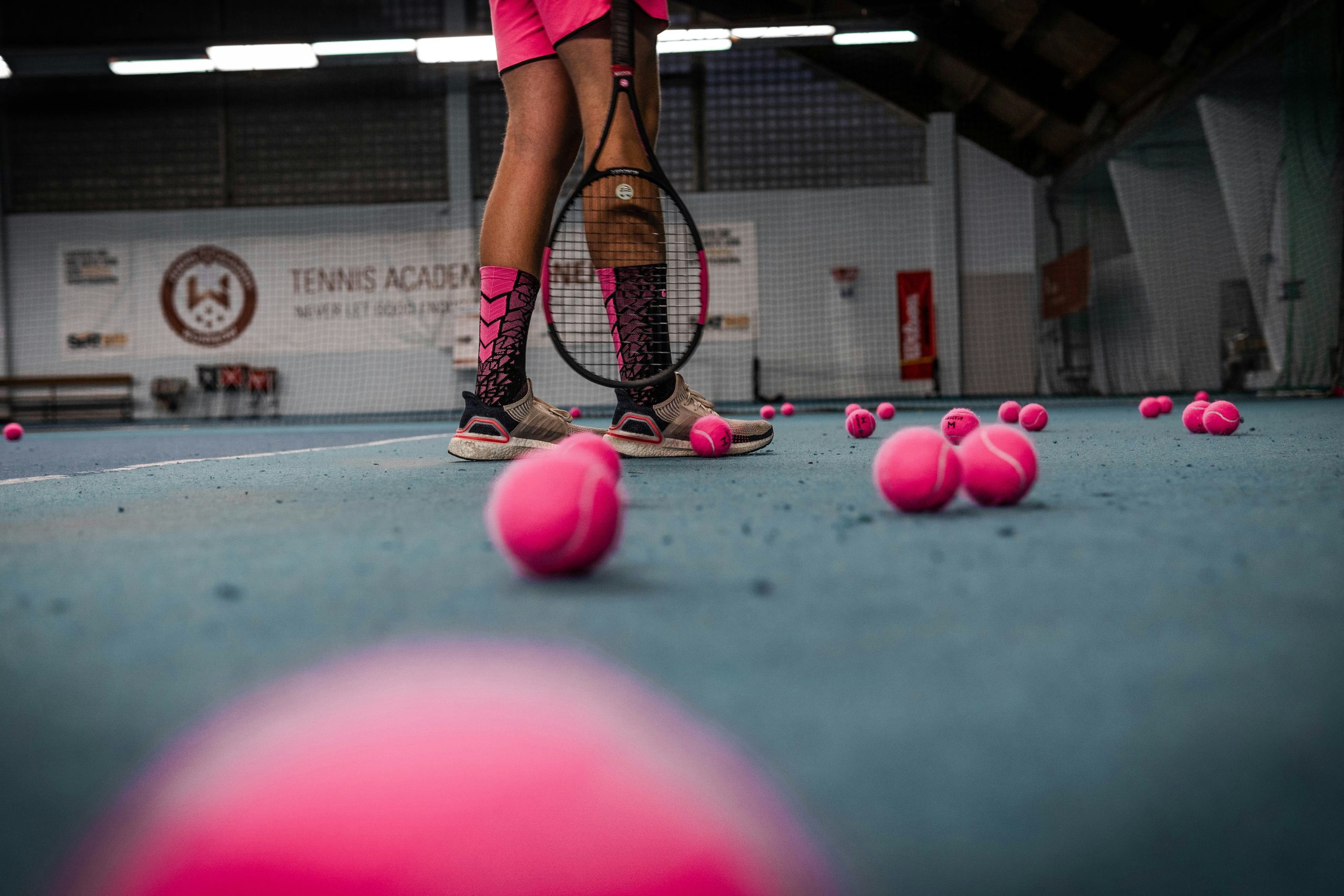
Innovations in Sports Medicine Technologies
Introduction
Sports medicine is a rapidly evolving field that integrates medical science with sports performance to enhance athlete health, recovery, and performance. Technological advancements play a pivotal role in driving innovation within this field, offering new ways to prevent injuries, diagnose conditions, and optimize rehabilitation strategies.
1. Wearable Technology
Wearable devices have revolutionized how athletes monitor their performance and health metrics in real-time. Examples include:
- GPS Trackers: Used to analyze player movements and optimize training routines.
- Biometric Sensors: Measure heart rate variability, oxygen saturation, and hydration levels.
- Smart Clothing: Integrates sensors to track muscle activity and detect potential injuries.
These technologies help coaches and medical staff make data-driven decisions to prevent overtraining and improve recovery protocols.
2. 3D Imaging and Biomechanical Analysis
Advancements in 3D imaging and motion capture have enhanced the understanding of biomechanics in sports:
- High-Speed Cameras: Capture detailed movements to identify biomechanical flaws.
- Force Plates: Measure ground reaction forces to assess impact and injury risk.
- Computer Simulations: Model stress on joints and muscles to optimize rehabilitation.
These tools are crucial for customizing training programs and improving the efficiency of surgical interventions.
3. Regenerative Medicine
Regenerative techniques offer novel approaches to treat sports injuries:
- Platelet-Rich Plasma (PRP) Therapy: Uses concentrated platelets to promote healing.
- Stem Cell Therapy: Regenerates damaged tissues for accelerated recovery.
- Gene Therapy: Targets specific genes to enhance tissue repair mechanisms.
These therapies aim to reduce recovery times and improve long-term outcomes for athletes.
4. Virtual Reality (VR) and Augmented Reality (AR)
VR and AR are transforming rehabilitation and training processes:
- Virtual Rehabilitation: Engages athletes in interactive exercises to regain strength and mobility.
- AR Visualization: Overlays real-time data during training to correct techniques and prevent injuries.
These immersive technologies provide a controlled environment for athletes to safely push their limits and recover effectively.
5. Telemedicine and Remote Monitoring
Telemedicine has expanded access to sports medicine expertise worldwide:
- Remote Consultations: Athletes can connect with specialists for immediate advice and diagnosis.
- Continuous Monitoring: Track recovery progress and adjust treatment plans remotely.
- Mobile Apps: Provide personalized exercise programs and rehabilitation protocols.
These technologies ensure athletes receive timely care and support regardless of their location.
Conclusion
The landscape of sports medicine continues to evolve with groundbreaking technologies that prioritize athlete health and performance. From wearable devices and 3D imaging to regenerative therapies and virtual reality, these innovations are reshaping how injuries are prevented, diagnosed, and treated in sports. As technology advances further, the future promises even more sophisticated solutions to support athletes at every level of competition.



